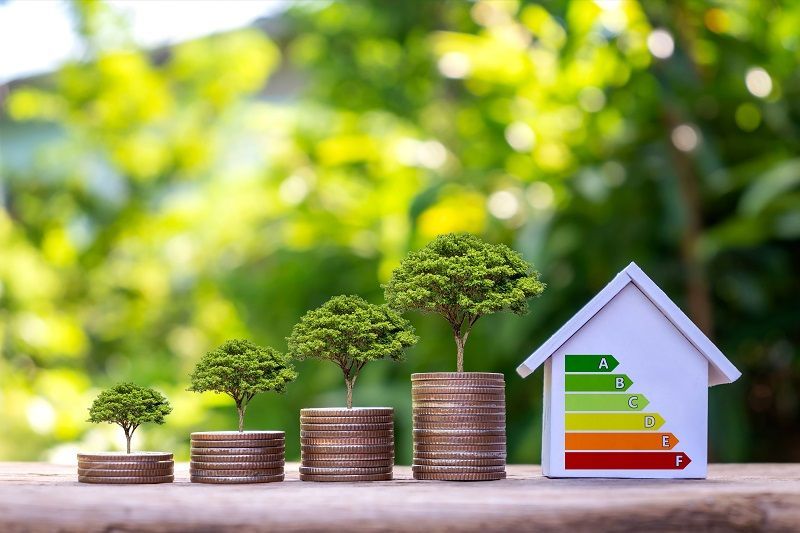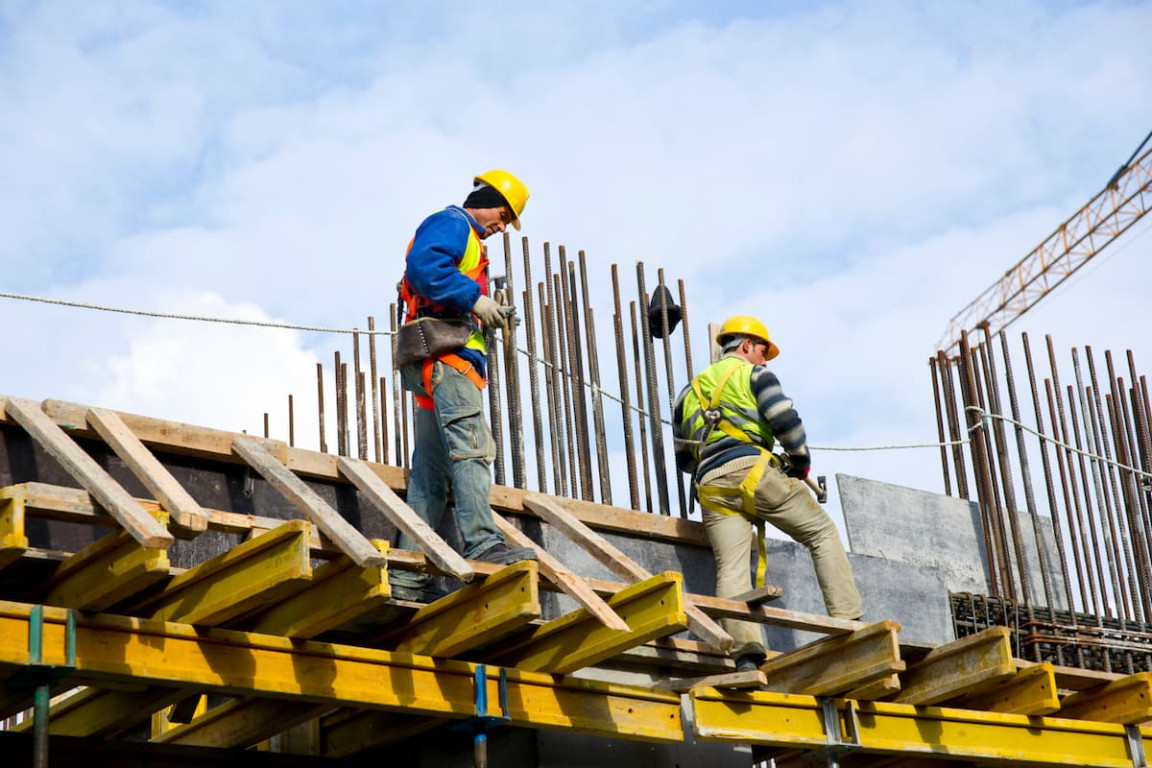
COVID-19’s effects are being felt worldwide, and property investment companies are being damaged in various ways, depending on area and asset class. In the short term, property investment executives focus on big plus and liquidity, ensuring the safety of renters and guests, including heightened cleaning procedures, and adhering to government entity standards.
To Begin With:
The COVID-19 issue severely hit the property market. Fewer buyers were hunting for homes, and fewer sellers were willing to offer their residences or allow strangers into their residences during a pandemic due to health reasons and stay-at-home orders. Tenants may encounter liquidity problems due to the epidemic, resulting in the deferral or cessation of contractual lease payments.
Certain industries, such as hotel, retail, and developers, will be hit worse right away, while others, such as multifamily and atypical proprietors (cell towers, data centres), will be hit later. Modifications in where people are working, and changes in the supply chain may have a longer-term influence on subsectors such as offices and industries. Lastly, trade volumes are projected to fall in the short term but increase during the rebound and later periods.
You should read about Rudn Enclave.
Long Term Impact on Real Estate Sector:
Before COVID-19, the fundamentals of real estate were solid: leasing activity, sufficient money, and favourable leverage ratios. Looking ahead, real estate professionals are attempting to figure out how quickly the market will rebound and what they should do with the capital available and prospects. Owners with longer leases may experience less instant effect, relying on tenancy liquidity capabilities. In contrast, occupants will be concerned about liquidity demands and operating successfully with a remotely and/or decreased workforce. Tax rebates or other government incentives may be used to mitigate short-term effects.
Increment in the House Prices:
Several variables associated with the spike in demand prompted by the characteristics of the crisis contributed to an upwards trend in housing prices during the epidemic. People’s preferences for the location of their houses have shifted due to individuals being restricted to their houses and the rise in teleworking. Fiscal policies have also mitigated the impact of the financial crisis on family income, though varying degrees vary from country to country. In fact, due to stringent lockdowns and limits on certain activities, many households in industrialized nations have accrued enormous amounts of “forced” savings, with part of these savings diverted into property investment.
On the supply side, a drop in building in the mid-2020s impacted the number of units delivered, helping to drive up prices, particularly in places where the property was already scarce.
Decrease in Demand of Commercial Property:
The impact of Covid-19 on the real estate sector is mixed, with demand for residential apartments and small houses expected to rise. In contrast, demand for commercial real estate and luxury apartments is expected to fall. The concept of working from home has caused the business sector to recognize how they might reduce their operational costs and rentals on commercial buildings. This will also impact future house planning, as workspace will be included. In good, developed communities, no impact on agricultural land and plots is expected. Real estate has always been a low-risk feasible investment for medium- and long-term investors.
Effect on Office Properties:
The change from in-office to working remotely was one of Covid’s most significant influences on the business sector. Companies recognized that their staff could work efficiently from home, in some cases outperforming their pre-pandemic performance. Most supervisors, on the other hand, expressed a wish to meet their employees in person. As vaccine rates have gone up, many employers require their employees to return to full-time employment if they are completely vaccinated.
Many businesses may prefer to reduce their office size to one desk per employee. This would make up for the numerous hybrid employment arrangements anticipated to emerge during the epidemic. Smaller subdivisions in buildings may be required by businesses looking for office space. They may forego higher-end office space in favour of more cost-effective options.
Residential Property Investors:
During the epidemic, the residential market exploded. Many people felt that if they had to be quarantined at homes during the epidemic, they wanted a bigger, more suitable room for work and study. As previously stated, many professionals relocated to the suburban when their businesses changed to online employment and no longer required in-person attendance.
In the post-pandemic scene, residential rentals are starting to resume normal, suggesting that now is a good moment to invest in these buildings.
Conclusion:
Following the epidemic, a new approach to development is required. Building markets, possibilities, and effective governance will promote economic growth, stability, and social cohesion, resulting in a long-term solution that is sustainable. During a pandemic, creative thinking, quick decision-making, and exceptional measures can assist our country’s economy to avoid devastating consequences.
Author Bio
Muhammad Zaeem Khan, a creative writer, ardent to compose fine writings. Having vast experience in writing blogs, articles, descriptions, and in reviewing scriptures. Currently, works as sr. content writer with Sigma Properties & Marketing| kingdom valley Islamabad.

:max_bytes(150000):strip_icc()/__opt__aboutcom__coeus__resources__content_migration__mnn__images__2018__03__shutterstock_1051823762-0b00dcf9cd99473cabaff5546d745b0a.jpg)


